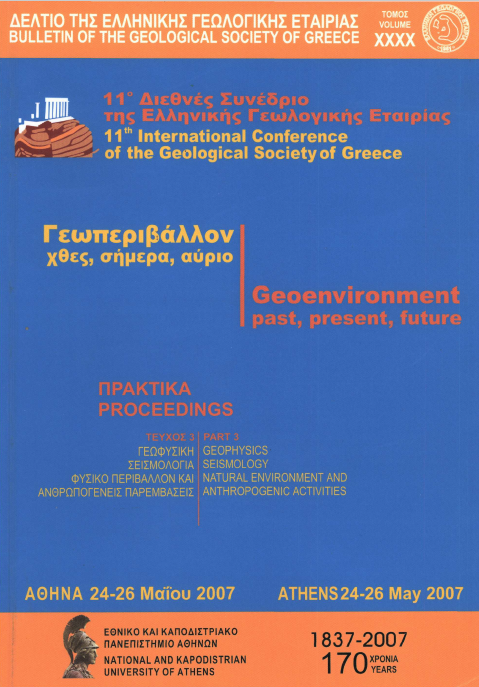The environmental impact of the Copper industry in the Fani River Valley (Repsi "Hot spot") Mirdita, Albania

Abstract
For more than 40 years, full cycle Copper industry has exercised its activity in central Mirdita, as one of the priorities for the economic development of this zone. Copper deposits have been discovered in many parts of the territory of central Mirdita, whereas the main activity of the mining and processing industry is located in the Fan iriver valley. The interruption of industrial activity after the years '90, could not stop the negative environmental impact. The presence of dumps in Fani river banks (as in Repsi, Rresheni and Rubiku) and numerous mining works· (addits) in Spaçi and Kodër Spaçi slopes, from which many acid waters drain, including also the natural leaching of surface outcrops of mineralized zones, make up a serious danger to the biodiversity of this area. Several recommendations to reduce the environmental impact of the tailings and copper ores in the dumps in Fani river valley are given in this paper
Article Details
- How to Cite
-
Daci, A., Kaza, G., Deda, T., & Hoti, S. (2007). The environmental impact of the Copper industry in the Fani River Valley (Repsi "Hot spot") Mirdita, Albania. Bulletin of the Geological Society of Greece, 40(3), 1387–1396. https://doi.org/10.12681/bgsg.16970
- Section
- Natural Environment and Anthropogenic Activities

This work is licensed under a Creative Commons Attribution-NonCommercial 4.0 International License.
Authors who publish with this journal agree to the following terms:
Authors retain copyright and grant the journal right of first publication with the work simultaneously licensed under a Creative Commons Attribution Non-Commercial License that allows others to share the work with an acknowledgement of the work's authorship and initial publication in this journal.
Authors are able to enter into separate, additional contractual arrangements for the non-exclusive distribution of the journal's published version of the work (e.g. post it to an institutional repository or publish it in a book), with an acknowledgement of its initial publication in this journal. Authors are permitted and encouraged to post their work online (preferably in institutional repositories or on their website) prior to and during the submission process, as it can lead to productive exchanges, as well as earlier and greater citation of published work.


